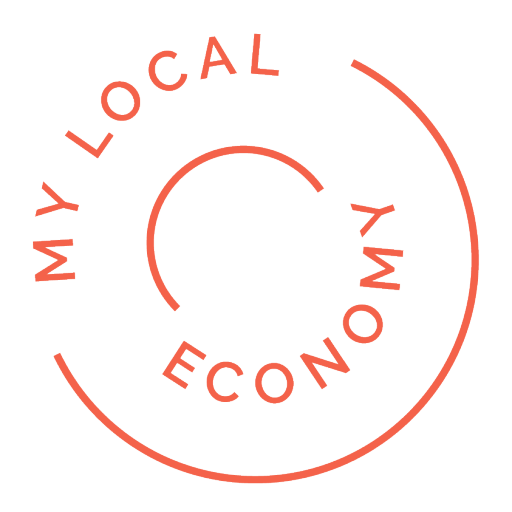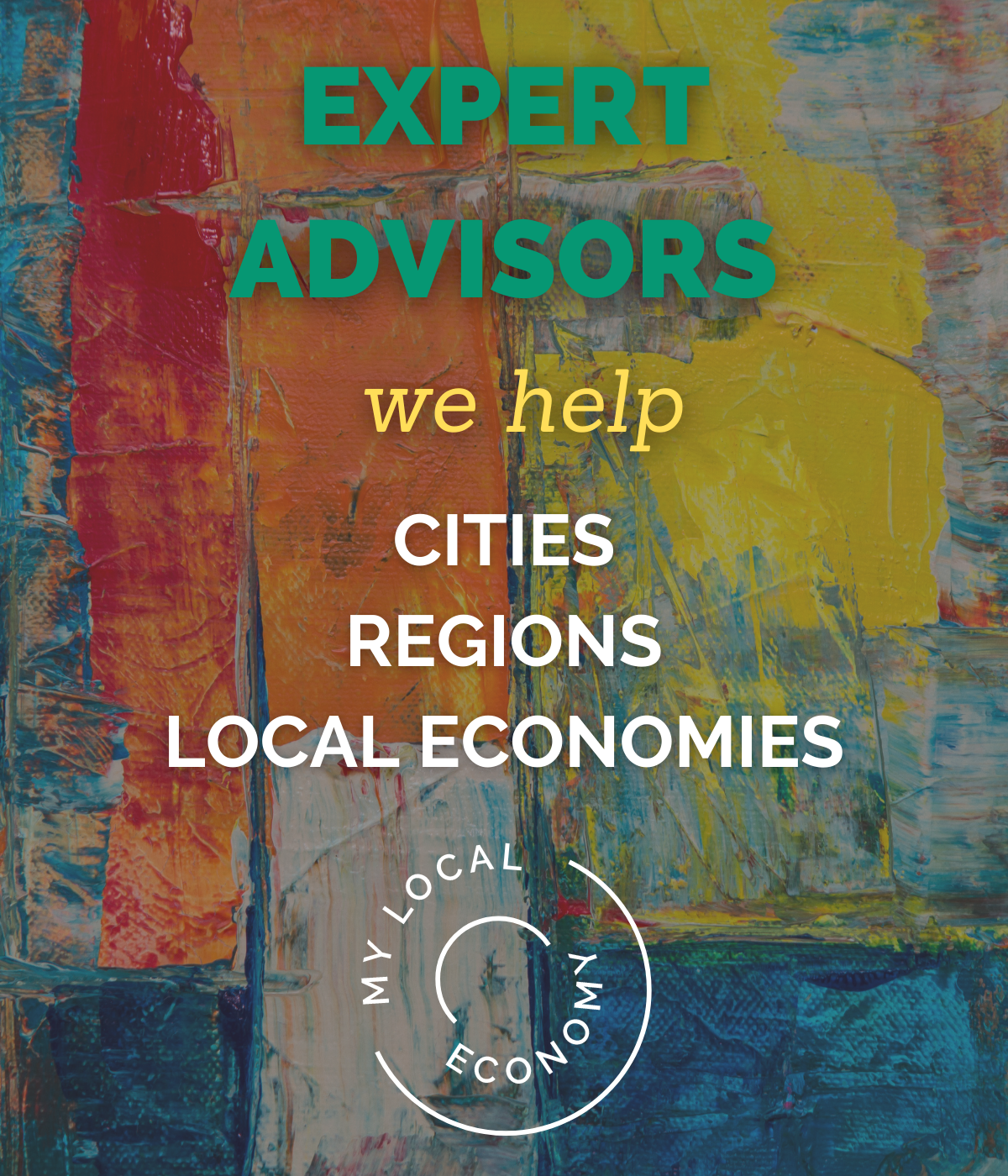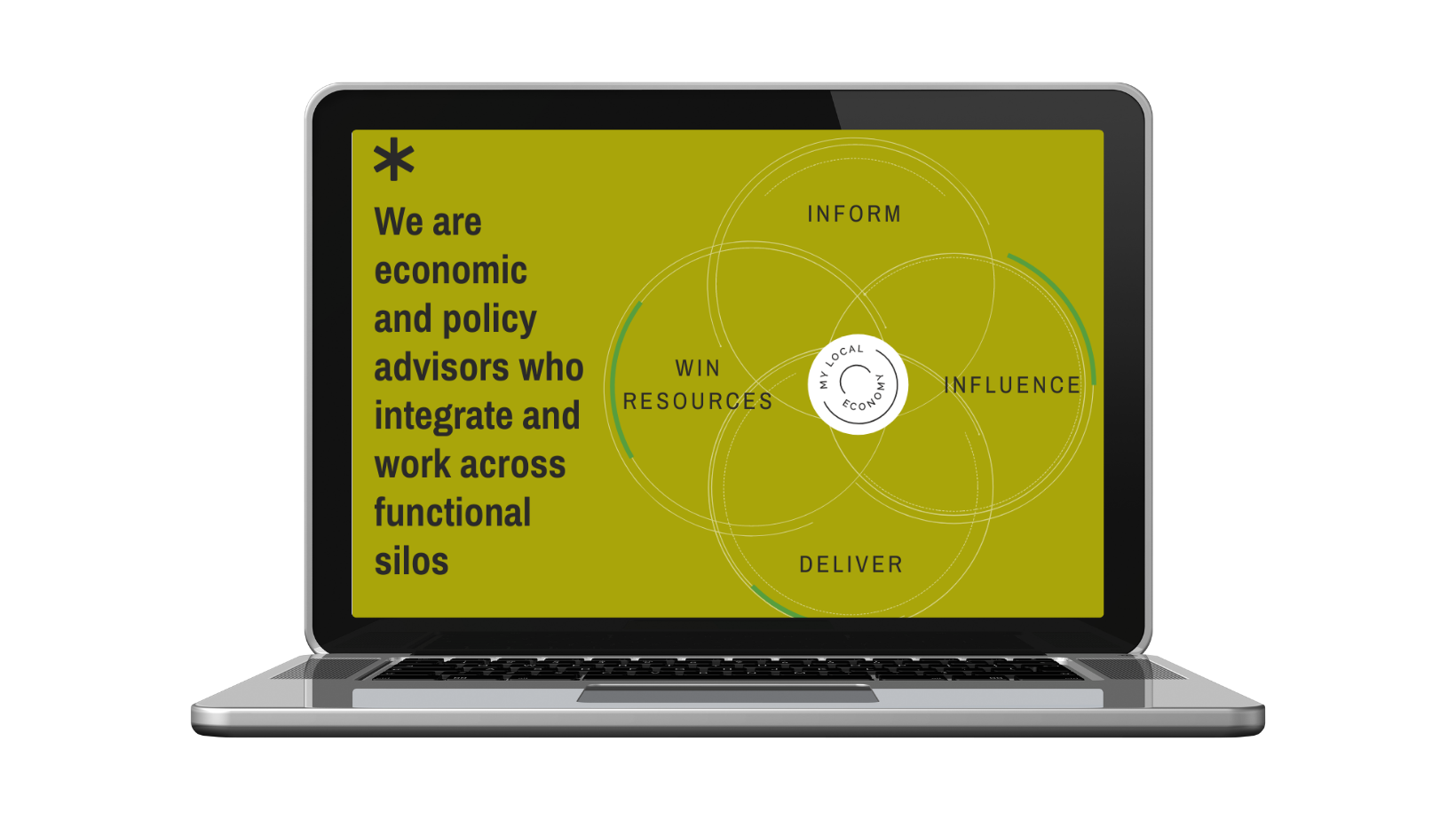Winning hearts and minds: Getting onto your LEP’s agenda
I’ve heard it many times – in person and on discussion sites such as LinkedIn groups “my LEP will not listen, they don’t seem to understand how important this issue is!!!”
This article will spell out a few home truths about how to get the attention of your LEP, and how to influence your LEP. If anything its more about the style in which you communicate, and how you present your case. It helps if its an issue where you have been very active, and you need the help of the LEP to further your efforts. It doesn’t help if you only have started thinking about an issue and your default option is to think ‘phone the LEP to see what they think.’ If your issue is important enough, and you care about it, then please read on.
LEPs have a lot on their plate – they started out with enterprise and skills, and ended up with housing, roads, schools, trains, and planning! at what point will we ask them to look into libraries and street cleaning, I wonder(?!). And get this, they run on less than half a million quid per year and most have under 10 staff. Add to the mix a very very demanding set of processes for the Single Local Growth Fund and European Funding. And their core funding runs out on 31 March 2015. Oh.
Doomed to repeat the arguments of the past. A lot of work was done in the 1990s to integrate a range of concerns and issues into urban regeneration, enterprise and training policy. Then it was done in the 2000s (RDAs). And now we’re having to make the same arguments again to LEPs. I’m afraid we’re going down the same road in the 2010s where there is a whole range of important issues for local economic development, that a new set of organisations and board members need to learn about and be persuaded. At the moment there’s a lot of talk about how to get the important issues of worklessness; young people; arts and creative industries; and sustainability onto the LEP agenda. Anyone who’s been around for more than 10 years in the local and regional economic development scene will recognise all this stuff.
I’ve headed up a LEP and been overwhelmed at times with the avalanche of emails and phone calls that the LEP “must engage” on a range of issues – from local to national. Of course, all of the issues were important, but such were the resources, it was impossible to open the door to all of them. In the face of this, and the inability to be involved in 20-odd monthly meetings with interest groups – necessity forced me to deal with special interest groups on the following terms:
- I know your issue is very important, and have no doubt you know a lot about it but… what are YOU doing about it and how can the LEP help?
- And is the role of the LEP to a) lead and deliver b) help resource; or c) celebrate your success or advocate this issue at the highest levels?
- What solutions or ideas have you developed, initiated or are delivering yourselves?
- And the “we haven’t got a million dollar(s)” question – if there was one (just one!) single thing, project, initiative, action that the LEP could work with you on – what would it be?
The new realities
Quite a shock for some organisations or individuals who used to deal with RDAs and usually got a meeting, and even some funding out of it. I’m not going to name organisations or issues – but in my recent experience several organisations or special interests failed to be able to articulate points 1. to 4. and didn’t seem to get that this was a tactical fix to get them on the LEP’s agenda for the following reasons:
- The X-factor approach: LEPs are new – don’t assume they know about your issue, or you. Some of the board members are business people. They can be fairly blunt and are used to taking decisions on face value – with the information they are given on the day of the board meeting. If you fail your X-factor interview you don’t get asked back. (Can you make a good first impression?)
- Can you deliver something that makes a positive difference? LEPs have got strategies, missions and plans coming out of their ears. Board members are well aware of that – they are acutely aware of the need to deliver (can you deliver?)
- Are you able to facilitate and lead your own community of interest? can you approach the LEP with a united front – taking on some big issues, taking some of the strain off the LEP? (can you demonstrate leadership?)
- Do you have the detail in place – have you done the work so the ends justify the means? (present a detailed brief that is ready to go)
Hearts and minds
Win hearts by being credible, showing leadership, managing relationships on behalf of the LEP. Develop a good relationship with your LEP based on your proven ability to deliver – whether its coherent relationships, projects, bringing funding or grants into the locality, or jobs on the ground.
Win minds by having good ideas backed by sound evidence and planning. Create the collateral the LEP needs to bid into national funding sources – that in turn, will help solve your challenges at the end of the day.
To recap – here are the new realities of localism and LEPs:
- There’s no such thing as entitlement. You need proof, you need to relate to the LEPs core mission
- Vague missions or a sense of self-importance will get nowhere without the detail to back it up
- There are so many issues, so little cash – if you can’t offer a solution or a valuable positive contribution, then you won’t get on the agenda.
- “don’t bring me problems – bring me solutions” – couldn’t be more true in this day and age
- Don’t give up – step up. Show leadership in your community of interest, work up your ideas, and sell them
- Create a good first impression on all of the above and you will be given front row tickets
Finally – my gut feel is that there is sometimes a temptation to identify problems and pin LEPs as the solution. They are not necessarily the solution. If an issue is so important, what are you doing to change things yourself? In other words don’t expect the LEP to organise the party – organise it yourself and send an invitation.




